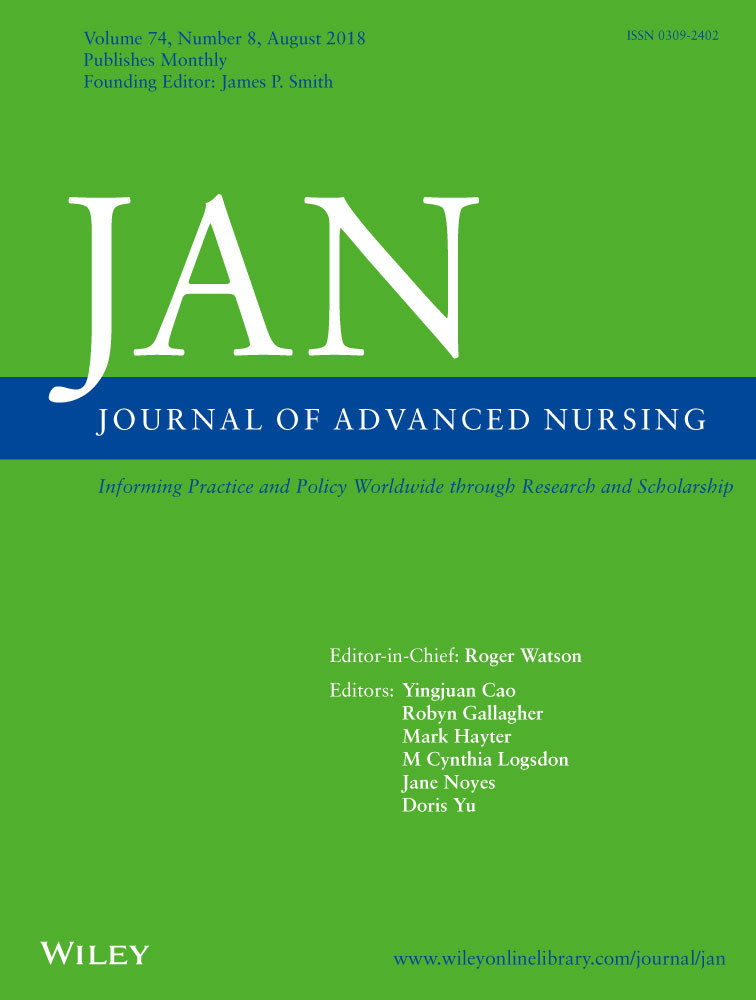The development and psychometric validation of the Ethical Awareness Scale
Abstract
Aim
To develop and psychometrically assess the Ethical Awareness Scale using Rasch measurement principles and a Rasch item response theory model.
Background
Critical care nurses must be equipped to provide good (ethical) patient care. This requires ethical awareness, which involves recognizing the ethical implications of all nursing actions. Ethical awareness is imperative in successfully addressing patient needs. Evidence suggests that the ethical import of everyday issues may often go unnoticed by nurses in practice. Assessing nurses’ ethical awareness is a necessary first step in preparing nurses to identify and manage ethical issues in the highly dynamic critical care environment.
Design
A cross-sectional design was used in two phases of instrument development.
Method
Using Rasch principles, an item bank representing nursing actions was developed (33 items). Content validity testing was performed. Eighteen items were selected for face validity testing. Two rounds of operational testing were performed with critical care nurses in Boston between February–April 2017.
Results
A Rasch analysis suggests sufficient item invariance across samples and sufficient construct validity. The analysis further demonstrates a progression of items uniformly along a hierarchical continuum; items that match respondent ability levels; response categories that are sufficiently used; and adequate internal consistency. Mean ethical awareness scores were in the low/moderate range.
Conclusion
The results suggest the Ethical Awareness Scale is a psychometrically sound, reliable and valid measure of ethical awareness in critical care nurses.
CONFLICT OF INTEREST
No conflict of interest has been declared by the authors.




